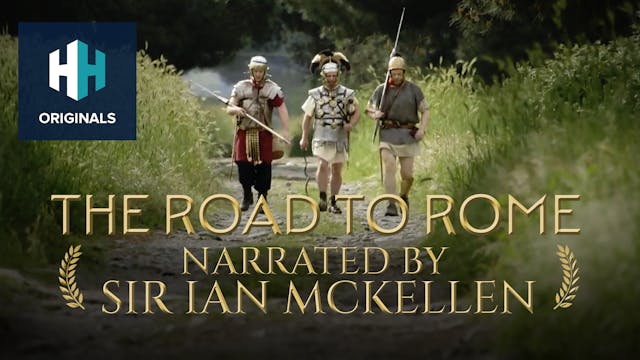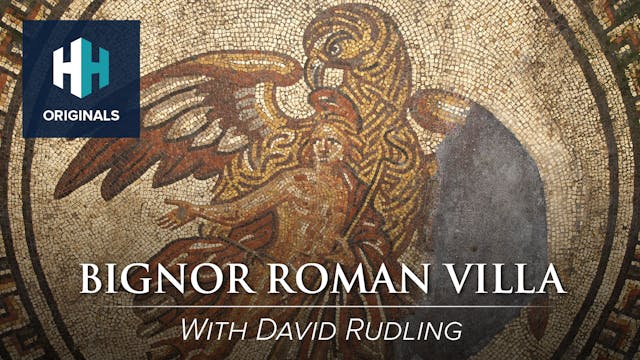Mary Beard on Lessons from Ancient Rome
Ancient
•
24m
The deepening political divide in the U.S. and an apparent realignment of the world order through President Trump’s foreign policy have prompted many comparisons to the fall of the Roman Empire. But can we really look back at ancient civilisations and draw parallels with those that exist today? And can the lessons of the past really help us to tackle the challenges of the present? More than clear-cut historical comparisons, Mary Beard – arguably the world’s most famous classicist and Professor of Classics at the University of Cambridge – thinks that the ancient world allows us to see beyond our own context to analyse how power and authority work across the ages. In this fascinating interview, which sweeps from discussing how the gorgon Medusa reflects on Hillary Clinton to how the Roman Empire tackled issues of migration and diversity, Mary Beard discusses how history can inspire the present, or whether it is doomed to always repeat itself.
Up Next in Ancient
-
Hatshepsut: She Who Would Be King
Hatshepsut – whose name means “foremost of noblewomen” – was an exceptional figure in the history of Ancient Egypt. Only the second woman in history to assume the title of pharaoh, during her reign she oversaw the building of monumental temples, established trade connections with far away African...
-
The Road to Rome
The Roman Empire was one of the greatest in history. At its height it stretched from northern Britain to the Persian Gulf, its might epitomised by the effectiveness of its core military unit: the Roman legion. The aqueduct, sanitation, irrigation, medicine, education, wine, public baths – all thi...
-
Bignor Roman Villa
West Sussex has its fair share of stunning Roman sites: Fishbourne Roman Palace, Stane Street, the Novium, the list goes on. But one of the region's star Roman attractions has to be Bignor Roman Villa. Situated deep in the heart of the Sussex countryside Bignor is home to some of the most impress...



